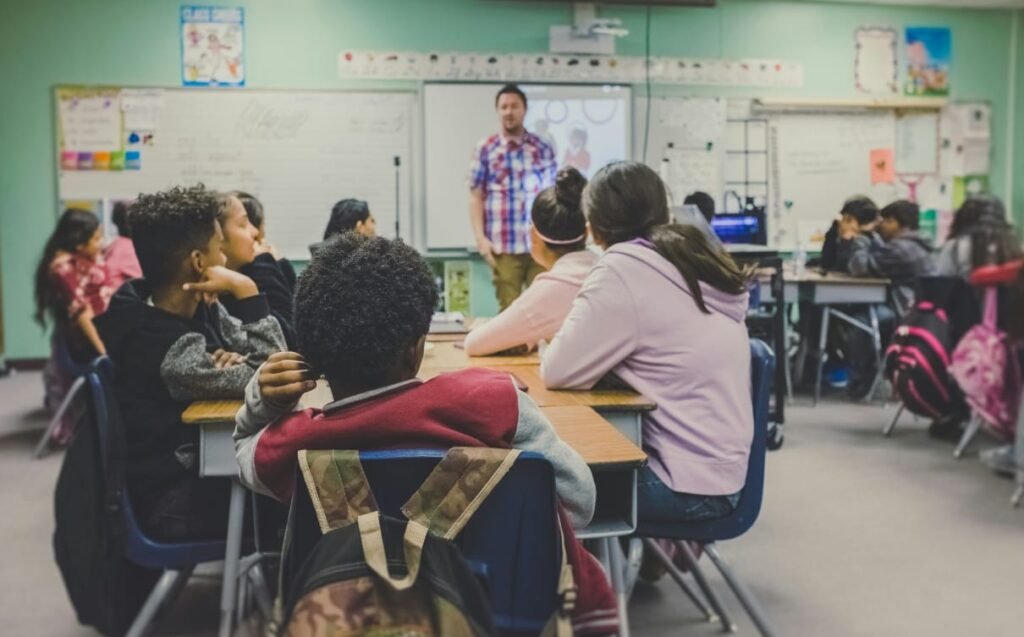Every experience, interaction and lesson leaves a lasting imprint on a child’s growing mind in the first years of life. In Australia, most people are starting to understand the critical effects of early childhood education and how it can be crucial for setting up young citizens towards accomplishment.
Now, let us explore why choosing the best early childhood education is vital for creating an environment that promotes holistic child development in the socio-cultural context.
Forge Strong Academic Foundations
Early education is like a scaffold for all learning that comes later. Children who participate in early childhood education programs show better reading and math abilities, preparing them to perform well in school later. In these foundational years, children learn a lot while gaining a sense of curiosity and the pleasure of discovery.
The Australian Early Development Census shows that early education is crucial for lowering developmental vulnerabilities and ensuring children begin school prepared to learn, participate and thrive.
Cultivate Social Skills and Emotional Intelligence
Environments for early childhood education are like miniature models of the whole community, where children understand how to interact, share things and show empathy. These social abilities are crucial for building good relationships and getting used to different places and situations.
Early childhood education focuses on emotional skills or intelligence. This concentration involves teaching kids how to comprehend and handle their own emotions. These abilities are essential for developing resilience, an attribute greatly sought in a constantly and rapidly changing world.
Spark Lifelong Curiosity and Learning
An important feature of good early childhood education is the ability to light up a love for learning that lasts forever. Professionals who work with young children receive training on using their natural curiosity in methods that involve playing and are shown to improve cognitive skills while promoting independence and inventiveness.
This approach ensures that children are not only gaining knowledge but also taking part in their learning process. At this young age, building a love for learning forms the foundation for ongoing commitment and success in education.
Promote Independence and Self-Confidence
Education in the early childhood phase is like a path of self-recognition for kids. Through exploratory guided activities, they discover how to make decisions, accept challenges, and recognise their uniqueness. The feeling of having control over one’s life, which the encouraging setting of early learning centres develops, helps to grow self-assurance and freedom.
Ensure Equitable Start for All Children
Early childhood education acts as a powerful equaliser because it gives every child – no matter their background – an opportunity for success in life. Programs made to include and make available for everyone guarantee that not one child is left out.
Dealing with inequities from the beginning paves the way for a just community, pushing towards bridging the difference for young people of Aboriginal and Torres Strait Islander descent and those from less fortunate areas.
Build a Foundation for Healthy Living
There is a strong connection between a child’s first experiences and their physical and mental health. Nutrition, exercise and the mind’s well-being are crucial parts of early childhood education. They help establish habits that support good health throughout life.
Children in the early education stage learn how important it is to engage in physical activities, eat well, be mindful, and manage emotions. Putting effort into these areas at a young age makes children inclined towards healthier life choices, which significantly impacts their future health.
Conclusion
The benefits of early childhood education on child development are clear. Understanding the importance of these early years and putting resources into them as a critical time for growth guarantees the success of individuals and keeps society strong and lively. It’s not just about preparing children for school but for life itself.
